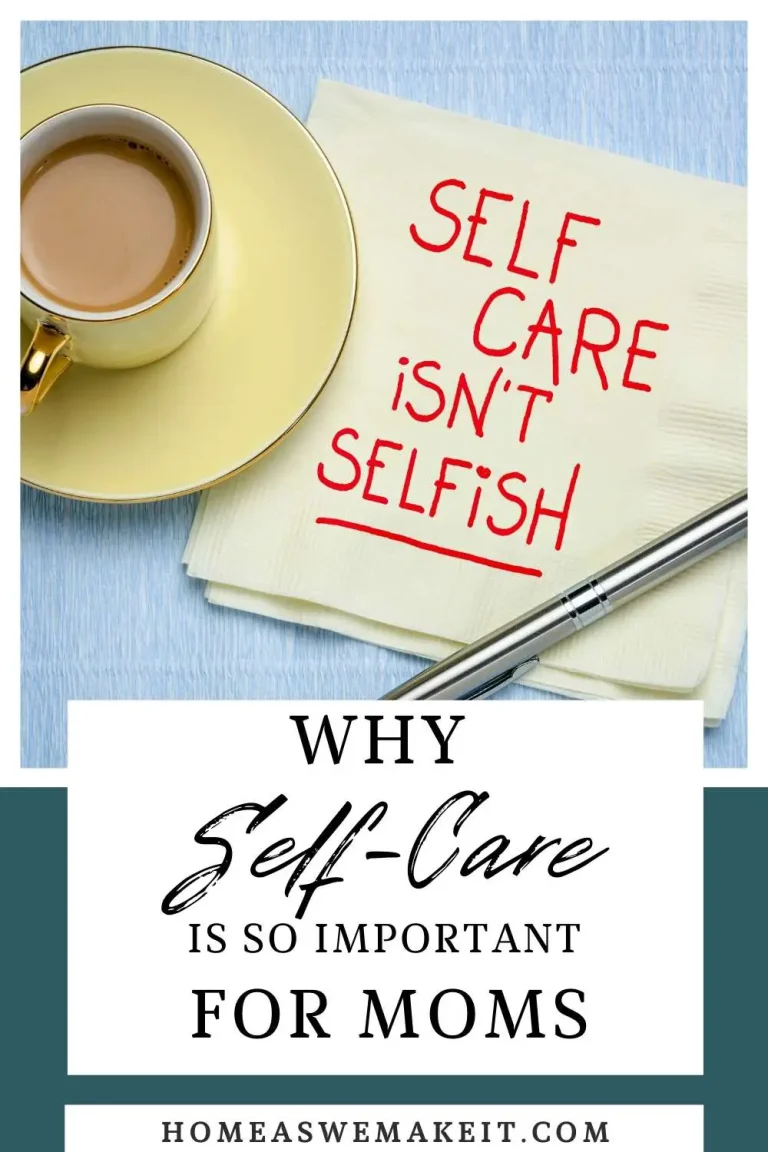Recognizing And Overcoming Postpartum Depression: A Guide For Parents
The birth of your child is an exciting and joyous time, but it can also be overwhelming and stressful. As a new parent, you may experience a range of emotions, from happiness and excitement to anxiety and sadness.
While some level of mood changes is normal after having a baby, it’s important to recognize when these changes become more than just the ‘baby blues.’
Note: This post may contain affiliate links, which means if you buy from my link I might make a small commission. This does not affect the price you pay. See the full affiliate disclosure here.

Postpartum depression (PPD) affects approximately 1 in 7 new mothers and can also impact fathers. PPD is not a character flaw or weakness; it’s a medical condition that requires treatment. If left untreated, PPD can affect your ability to care for yourself and your baby.
In this article, we will discuss how to recognize the signs of PPD, seek professional help, practice self-care, build a support system, and create a postpartum plan for overcoming this condition.
Remember that you are not alone in this journey – with the right tools and support, you can overcome PPD and enjoy all the joys of parenthood.
Understanding Postpartum Depression
Now that you’ve brought your little one into the world, it’s important to understand the changes that may occur in your emotional state and how to navigate them.
Postpartum depression is a common condition that affects many new parents. It can be caused by hormonal changes, lack of sleep, stress, and other factors. Symptoms may include feeling overwhelmed, sadness or hopelessness, difficulty bonding with your baby, irritability or anger, and changes in appetite or sleep patterns.
The impact of postpartum depression on parenting can be significant. It can make it difficult to connect with your baby and provide adequate care. You may feel guilty for not being able to enjoy this special time or for not meeting expectations you had for yourself as a parent.
Recognizing these symptoms early on and seeking help from a healthcare professional is important for both you and your baby’s well-being. Remember that asking for help is a sign of strength and taking care of yourself is essential to being the best parent you can be.

Seeking Professional Help
It’s crucial to seek expert advice when dealing with the emotional challenges of new parenthood. Postpartum depression is a serious condition that requires professional help to manage.
Here are some steps you can take to find the right support:
- Talk to your healthcare provider: Your doctor or midwife can assess your symptoms and recommend therapy options or medication management if necessary.
- Reach out to a mental health professional: A therapist who specializes in postpartum mood disorders can provide valuable guidance and support as you navigate this difficult time.
- Join a support group: Connecting with other parents who have experienced postpartum depression can help you feel less alone and provide practical tips for coping.
- Don’t hesitate to ask for help: Whether it’s from family, friends, or a hired caregiver, don’t be afraid to ask for assistance with tasks such as childcare or household chores so that you can prioritize your own self-care.
Remember, seeking help is a sign of strength, not weakness. With the right treatment and support, it’s possible to overcome postpartum depression and enjoy the many joys of parenthood.
Practicing Self-Care
Take care of yourself by practicing self-care during this challenging time. Remember that your mental and physical well-being is just as important as taking care of your baby. One way to practice self-care is through mindfulness techniques, which can help you stay present in the moment and reduce feelings of anxiety or stress. You can try simple breathing exercises or guided meditations to help calm your mind.
Another way to practice self-care is by establishing an exercise routine that fits into your schedule. Exercise has been shown to improve mood and reduce symptoms of depression. It doesn’t have to be a rigorous workout; even a short walk around the block or some gentle yoga stretches at home can make a difference. Don’t hesitate to ask for support from loved ones, such as watching the baby while you take some time for yourself. Remember, taking care of yourself will ultimately benefit both you and your baby in the long run.
| Mindfulness Techniques | Exercise Routine | Self-Care Activities |
|---|---|---|
| ———————– | —————— | ———————- |
| Guided meditation | Yoga | Reading |
| Deep breathing | Walking | Journaling |
| Body scan | Pilates | Taking a bath |
Incorporating these activities into your daily routine can help promote relaxation, release tension, and boost mood. Additionally, it’s important to remember that self-care looks different for everyone – what works for one person may not work for another. Be kind with yourself and experiment with different activities until you find what feels best for you during this time.
Building a Support System
Building a support system can be like creating a safety net, providing comfort and security during the ups and downs of new motherhood.
It’s important to surround yourself with people who understand your struggles and are willing to lend a helping hand.
Finding resources such as support groups or therapy can also be beneficial in overcoming postpartum depression.
In building your support system, it’s essential to establish boundaries for yourself and those around you.
Be honest about your needs and limitations, and communicate them clearly with your loved ones.
Remember that taking care of yourself is not selfish but necessary for the well-being of both you and your baby.
With the right support system in place, you can overcome postpartum depression and enjoy this special time in your life with confidence and joy.

Creating a Postpartum Plan
You need to create a postpartum plan to ensure that you have the support and resources you need during this challenging time, giving you peace of mind and confidence in your ability to handle anything that comes your way.
Communication strategies are essential when creating this plan. It’s important to communicate with your partner, family members, friends, and healthcare providers about what type of support you’ll need before and after birth.
Infant care resources are also crucial in any postpartum plan. Research local parenting classes or support groups that can provide invaluable information on infant care, breastfeeding techniques, and other topics relevant to new parents.
Additionally, consider hiring a doula or nanny for extra help during the first few weeks or months after birth. By creating a comprehensive postpartum plan that includes communication strategies and infant care resources, you can feel confident in navigating this new phase of life with ease.
Conclusion
Congratulations on taking the first step towards recognizing and overcoming postpartum depression. It takes courage to acknowledge that you might be struggling, but seeking help is crucial for your own well-being and that of your family.
Remember that you’re not alone in this journey. There are many resources available to support you, from therapy to medication to self-care practices.
Take the time to prioritize your mental health and build a strong support system around you. With time, patience, and dedication, you can overcome postpartum depression and find joy in parenthood once again.
You’ve got this!






